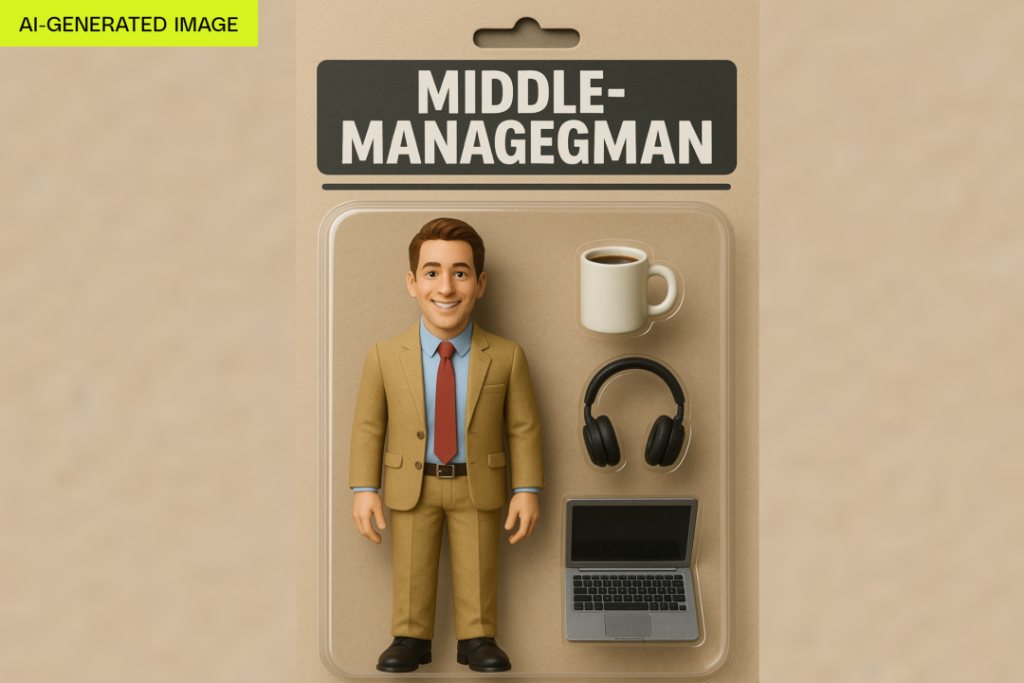AI Beauty Filters: The Hidden Dangers Behind Harmless Trends


The Rise of Barbie AI and Ghibli Filters
The Barbie AI and Ghibli filter trends have swept across social media platforms. The concept is simple: upload a portrait to an AI chatbot, and within moments, receive a supposedly “cute” version of yourself. But there’s something troubling beneath the surface of these seemingly harmless trends.
From my observation, these AI recreations rarely resemble the original image. Instead, they transform people into what society has conditioned them to want to look like—typically thinner, fairer versions of themselves. The AI deliberately accentuates certain features like face shape, cheeks, and hair while subtly altering others.
The Dangerous Message Behind the Pixels
Why is this problematic? These filters subtly reinforce the harmful notion that “beautiful” means “skinny” or “fair-skinned.” To be clear, this isn’t about fat-shaming—I fully support healthy eating and regular exercise. The concern is that these filters are establishing narrow beauty standards that young people feel pressured to chase.
It’s not difficult to imagine marketing campaigns that might prey on these insecurities: “Want to look like your AI image? Try our 15-step fat-free diet!” These standards shouldn’t be what young men and women aspire to achieve.
Beyond Just Filters: Real Psychological Impact
Consider Amy Hall-Hanson, a young girl who found herself using beauty filters regularly. Her constant exposure to these filtered versions of herself triggered body dysmorphia, eventually leading her to consider cosmetic procedures.
Some might argue, “Can’t people just have more self-awareness?” But psychological research shows it’s not that simple. The impact of filters on self-perception and body image can be profoundly negative, especially with consistent use.
The Psychology of Filter Addiction
When teenagers like Amy constantly view themselves through their phone’s front camera (which already creates a distorted image compared to mirrors) and then add beauty filters, they develop a disconnect between their filtered appearance and reality.
This persistent use can result in:
- Feelings of ugliness when looking at unfiltered reflections
- Self-loathing and a distorted self-image
- Anxiety when others see them without filters
- Internalization of unrealistic beauty standards
- Profound feelings of inadequacy about their natural appearance
Serious Health Consequences
The consequences extend beyond just feeling bad about oneself:
- Negative body image caused by filters can predict eating disorders, depression, and chronically low self-esteem
- Many users develop increased interest in cosmetic procedures, seeking to physically transform themselves to match their filtered images
- Young people are particularly vulnerable as their identity formation is still in progress
Limited Platform Responses
Some platforms like Instagram and Snapchat have taken nominal steps to limit filters that dramatically alter facial features, but these efforts have been insufficient. Research suggests that disclaimers are largely ineffective—people need to regularly see unaltered images to mitigate harm.
The Technology Behind the Transformation
Modern beauty filters employ sophisticated machine learning algorithms and computer vision technology to:
- Identify and map facial features with precision
- Superimpose digitally generated layers to “enhance” appearance
- Apply changes so seamlessly that others often cannot detect filter usage
TikTok’s Bold Glamour Filter exemplifies this advanced AI technology, dramatically reshaping users’ faces in ways that previous generations of filters couldn’t achieve.
Beyond Individual Responsibility
While the desire to present an idealized version of oneself isn’t new, social media provides unprecedented tools to manipulate self-presentation. The responsibility shouldn’t fall solely on users or platforms—these issues are deeply rooted in broader societal and cultural norms around beauty and worth.
As these AI filters become increasingly sophisticated and widespread, we need to have serious conversations about their impact on the mental health and self-image of young people. What starts as a harmless trend may be shaping how an entire generation views themselves and others.
Leave a Comment